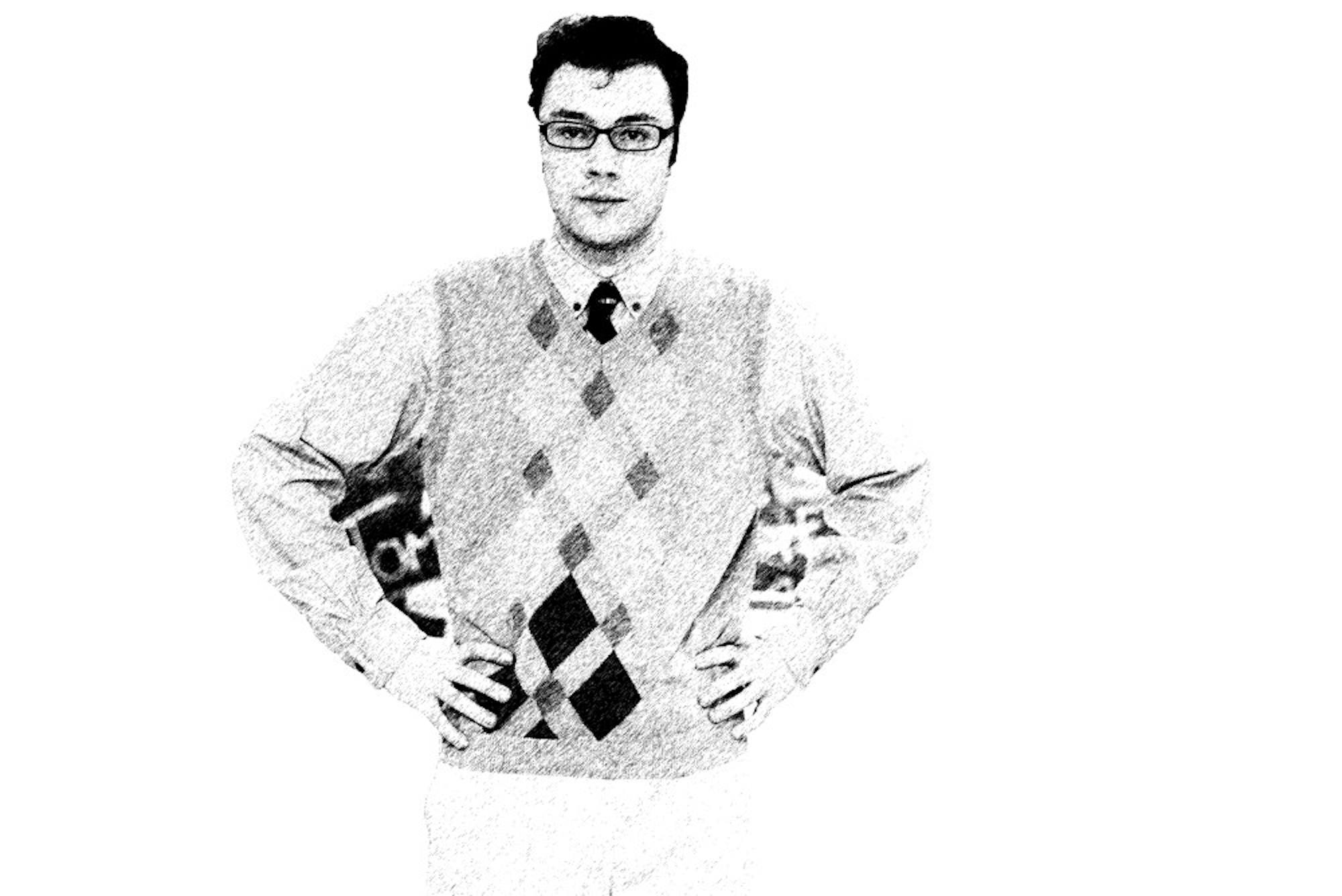“Dust thou art, and unto dust shalt thou return” (King James Version, Gen. 3.19). This phrase, taken from the book of Genesis, was recited in a multiplicity of languages to me and millions of Christians worldwide two weeks ago, on the occasion of Ash Wednesday. As I heard these words and received the ashes upon my forehead, I reflected upon the significance of this reminder of my own mortality. For the relevance of this statement from Genesis extends, I believe, beyond the Christian community to all people of the world, transcending one's personal religious belief or lack thereof.
Pondering this, my thoughts turned, as they often do, to an apt Robert Frost poem, entitled “In a Disused Graveyard” (1923). In just 16 succinctly phrased lines of verse, the poem addresses an issue thats relevance has not faded in our modern society: humanity’s refusal to recognize its own mortality.Beginning in a rural village graveyard, Frost draws a hard line between the living and the dead: "The living come with grassy tread / to read the gravestones on the hill; / the graveyard draws the living still, / but never anymore the dead.”
This graveyard, as suggested by the poem’s title, has ceased to accept new corpses for burial. The graves will see no further addition to their company: Only an occasional visitor from the world of the living will disturb their rest. I have been amongst these visitors, having taken many walks in disused cemeteries similar to the one Frost describes, marveling at the craftsmanship of bygone ages still evident on the carefully carved 17th- and 18th-century slate and marble gravestones. Beneath carved images of fearsome death's heads, the stones’ still-legible epitaphs consist of sobering reminders of human mortality, which were typical of New England Puritanism. As Frost describes: “The verses in it say and say: / ‘The ones who living come today / To read the stones and go away / Tomorrow dead will come to stay.’”
But the world of early Puritan New England has itself long since passed away, leaving these grim epitaphs as objects of curiosity to the modern viewer, for whom death seems remote -- a vague worry pushed to the edges of consciousness. Surrounded by technology and gadgets unimaginable only twenty years ago, it is easy for us to see the world as conquered by the genius of humanity. But in line with this advancement of technology has come a terrible price: a loss of humility in the face of inevitable death. For death remains as unalterable and unavoidable today as it was in Puritan New England, 300 years ago.
And so the grim stones of Frost’s disused cemetery are not joined with modern stones bearing similar reminders of mortality: “So sure of death the marbles rhyme / Yet can’t help marking all the time / How no one dead will seem to come. / What is it men are shrinking from?”
The answer to Frost’s question is starkly simple: The reality of death is what we shrink from. But instead of cowering in death’s face, we must accept its reality. This acceptance will allow us to make the most of our daily opportunities and tasks. Another opportunity, to complete the job left undone or to say the kind word left unsaid, may never present itself again.
Unfortunately, this acknowledgment of mortality is difficult; it is simpler to believe the lie of death’s unreality: “It would be easy to be clever / And tell the stones: men hate to die / And have stopped dying now forever. / I think they would believe the lie.”
As tempting as it is, we must reject this lie -- only thus can we make the most of our lives before we inevitably return to the inanimate dust from whence we were born.
In a Disused Graveyard

Daniel Bottino
Summary
5 Stars





